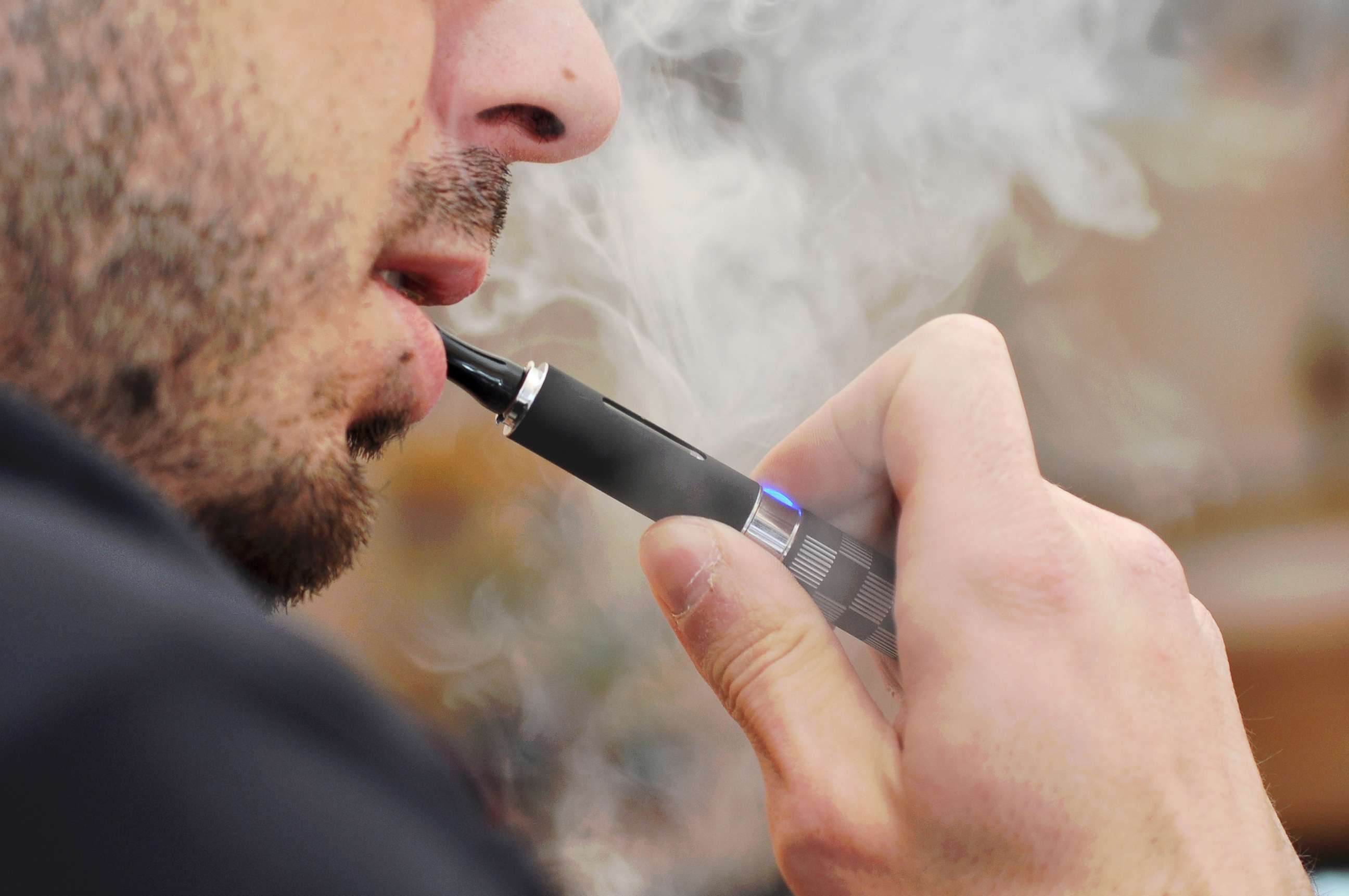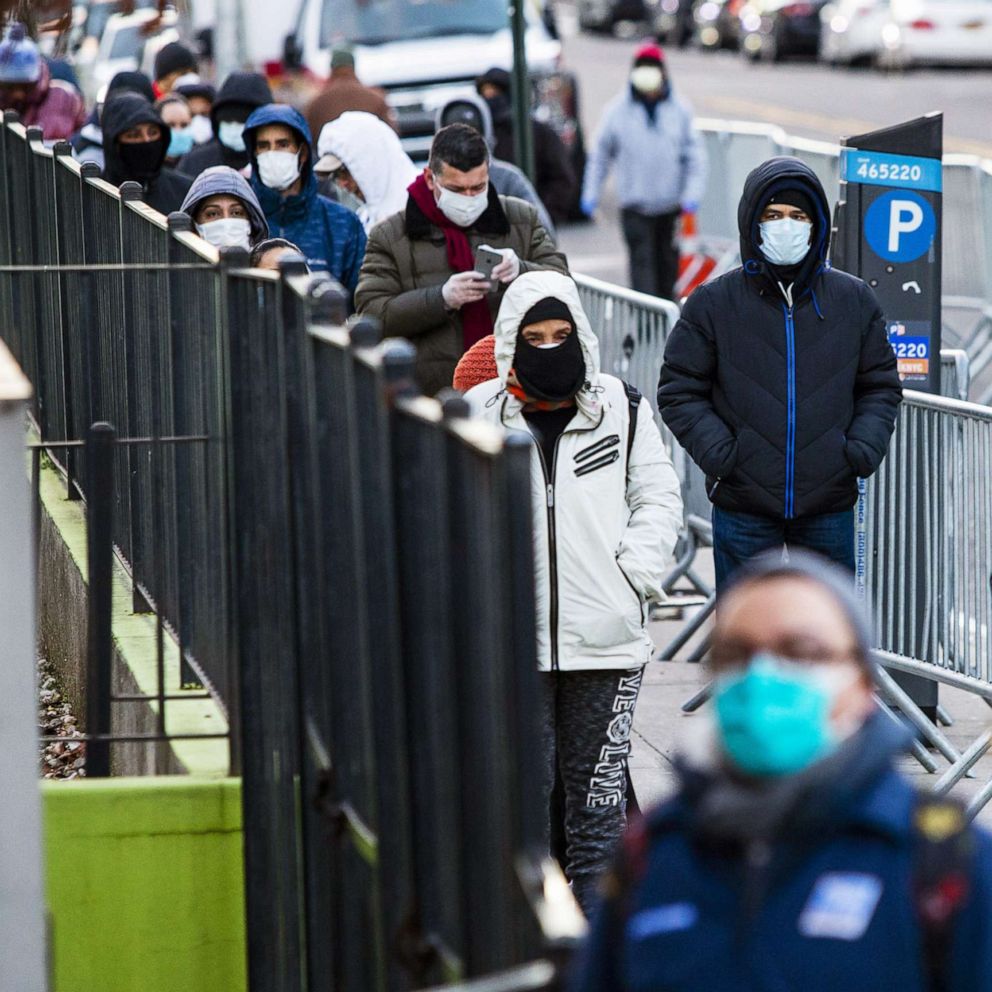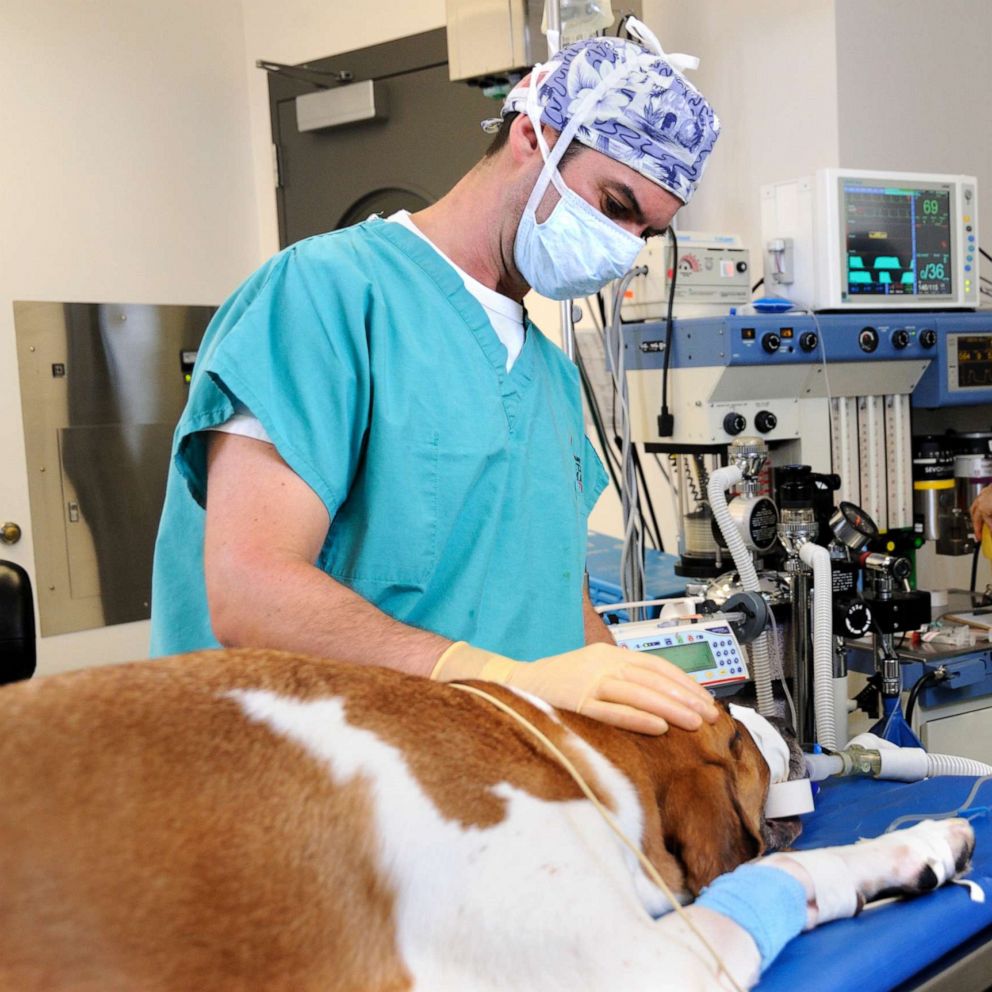Vaping and e-cigarettes: Adding fuel to the coronavirus fire?
Experts say it makes sense that vaping could aggravate the symptoms of COVID-19.
New data released by the Centers for Disease Control and Prevention last week warns that young people may be more impacted by COVID-19 than was initially thought, with patients under the age of 45 comprising more than a third of all cases, and one in five of those patients requiring hospitalization.
Although scientists still don’t have good data to explain exactly why some young people are getting very sick from the novel coronavirus, some experts are now saying that the popularity of e-cigarettes and vaping could be making a bad situation even worse.
Approximately one in four teens in the United States vapes or smokes e-cigarettes, with the FDA declaring the teenage use of these products a nationwide epidemic and the CDC warning about a life-threatening vaping illness called EVALI, or “E-cigarette or Vaping-Associated Lung Injury.”

Public health experts believe that conventional cigarette smokers are likely to have more serious illness if they become infected with COVID-19, according to the World Health Organization. Because vaping can also cause dangerous lung and respiratory problems, experts say it makes sense that the habit could aggravate the symptoms of COVID-19, although they will need longer-term studies to know for sure.
Vaping may increase risk of serious COVID-19
Columbia University pediatrician Dr. Alok Patel, an ABC News special correspondent, points out that cases of EVALI provide very real evidence that vaping can cause direct lung damage, which puts e-cigarette users in the “high-risk bracket” of those most vulnerable to serious illness from COVID-19.
“We know that e-cigarettes include chemicals such as propylene glycol, glycerol, and flavorings, and that these chemicals have the ability to go deep into your lungs and cause damage,” Dr. Patel told ABC News. “When people become critically ill from COVID-19, this also involves the deep pockets of their lungs. It’s really scary to think about what could be happening in those that have both of these going on together.”
Worse still, many e-cigarette products contain massive amounts of nicotine, which has been clearly linked to significant negative effects on both the immune and cardiovascular systems.
“That alone is concerning,” Patel said.
In terms of just how vaping may lead to increased susceptibility to the novel coronavirus, Dr. Christy Sadreameli, pediatric pulmonologist at Johns Hopkins, explained that there are likely multiple mechanisms involved.
“Along with decreased mucociliary clearance,” which is how healthy lungs sweep away pathogens, Dr. Sadreameli said, “vaping can increase lung inflammation and may alter other pulmonary defense mechanisms, such as by decreasing the functioning of CFTR," the protein that, when defective, causes cystic fibrosis.
Dozens of studies have also shown damage at the cellular level. Researchers have found that exposing lung cells to e-cigarette vapor decreases the effectiveness of immune cells responsible for fighting pathogens. And bacteria exposed to e-cigarette vapor also appear to become more infectious.
Long term impact of e-cigarette use
Vaping is still fairly new, with the rates of use drastically climbing just in the past few years.
“The most concerning thing from both a public health standpoint and as a pediatrician is that we don’t yet know the long-term effects of vaping,” Patel said.

Data is quickly mounting, however, and the results are sobering.
Adolescent e-cigarette users have been shown to have increased symptoms of chronic bronchitis, the same symptoms of chronic cough and phlegm that are seen in elderly patients with COPD.
“That goes along with the decreased mucociliary clearance,” Patel explained. “Chronic bronchitis sets up a different milieu in the lungs where you’re more likely to have infections. I would think that this virus is no different.”
The plea to quit now
As health officials continue to encourage, publicize, and even mandate measures to slow the spread of the novel coronavirus, doctors stress that unlike risk factors for which there is no cure -- like diabetes, heart disease and older age -- e-cigarette use is behavior that can be modified.
“We should be doing the best we can to manage our health,” Dr. Patel implored. “I think the important take-home for teens in the U.S. is this: Even if they are young and healthy, they still play an important part in this.”
Doctors say the best time to stop smoking and vaping is now. Along with nicotine patches and gum, prescription medications can help curb cravings and fight addiction. For more information and resources, visit smokefree.gov.
Chloë E. Nunneley, M.D., a pediatric resident physician at Boston Children's Hospital and Boston Medical Center, is a contributor to the ABC News Medical Unit.
What to know about the coronavirus:
- How it started and how to protect yourself: Coronavirus explained
- What to do if you have symptoms: Coronavirus symptoms
- Tracking the spread in the U.S. and worldwide: Coronavirus map
Tune into ABC at 1 p.m. ET and ABC News Live at 4 p.m. ET every weekday for special coverage of the novel coronavirus with the full ABC News team, including the latest news, context and analysis.







